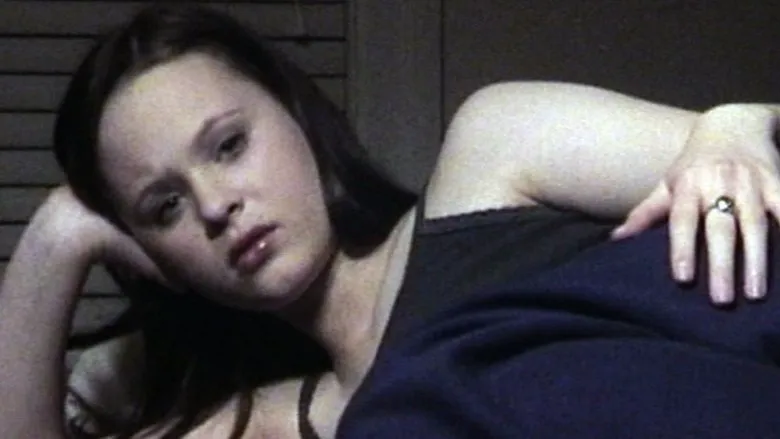American Beauty: A Profound Tragicomedy of Suburban Discontent
Released in 1999, American Beauty marked a pivotal moment for British director Sam Mendes and American screenwriter Alan Ball, propelling them from specialized circles to global acclaim. Before this cinematic tour de force, Mendes was celebrated for his prodigious talent in theatre, while Ball had carved a niche in television writing. Their collaborative debut on the big screen was an extraordinary blend, seamlessly fusing the introspective depth and poignant human dynamics reminiscent of Chekhovian drama with the striking visual language and technical polish often associated with Spielbergian aesthetics. This ambitious venture not only captured the zeitgeist but also garnered significant recognition from the Academy, signalling a bold shift in mainstream cinema.
Mendes and Ball orchestrated a narrative where characters engage in sharply observed, often devastatingly incisive dialogue. The film masterfully deploys its narrative threads, setting up a Chekhovian gun that fires with chilling precision at the opportune moment, leading both its complex characters and the audience through a profoundly cathartic release. Mendes, leveraging an eye for captivating visuals, brought the protagonist’s yearning fantasies to life with hauntingly beautiful rose petal imagery, a recurring motif that became synonymous with the film’s exploration of desire and idealization. The Academy’s decision to crown American Beauty as the year’s top film was a daring endorsement, particularly given its artistic nonconformity and unflinching critique of contemporary society.

The Unveiling of a Midlife Crisis: Lester Burnham’s Journey
“I drool in the shower, and that’s the best moment of my day.” This single, stark confession perfectly encapsulates the profound weariness and existential void that consumes 42-year-old Lester Burnham, the film’s disillusioned protagonist. His daily existence is stifled by an unfulfilling advertising job; a marriage defined by emotional distance to his perpetually self-improving and ambitious wife, Carolyn; and a strained relationship with his increasingly withdrawn teenage daughter, Jane. Life in their idyllic suburban enclave has not just stagnated; it has become an emotional wasteland, further compounded by either overly friendly or subtly hostile neighbours. Lester’s youthful dreams remain hauntingly unfulfilled, leaving him with a gnawing sense of emptiness that pervades every facet of his being.
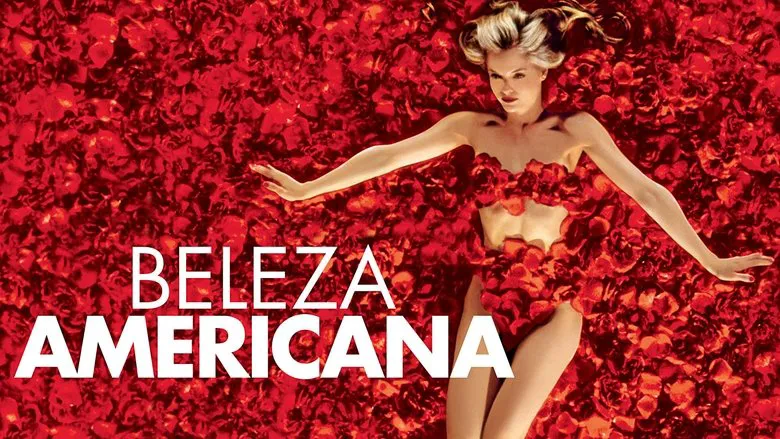
Fuelled by a burgeoning obsession with his daughter’s friend, Angela, Lester undergoes a profound, albeit clumsy, transformation. His rebellion manifests in increasingly audacious ways: he disrupts rigid family dinner rituals, blackmails his boss for a substantial severance package, reclaims a piece of his lost youth by acquiring a classic car, and vigorously works out in the garage, seemingly chasing an idealized physical form. He appears, on the surface, to be a rebel without a clear, defined cause.
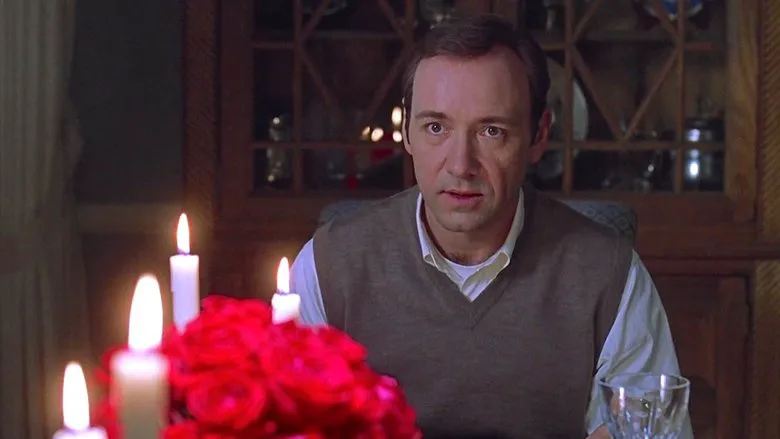
However, is it truly just about rebellion? The 1990s witnessed a surge of films depicting salaryman revolts, from Michael Douglas’s explosive rage in Falling Down to the systemic critique of Fight Club. American Beauty offers a far more nuanced and introspective exploration. Lester’s rebellion is no less significant, nor more or less absurd, than the captivatingly rendered, digitally captured image of a plastic bag floating in the wind – a poignant commentary on the era’s visual obsessions, but, more profoundly, on finding unexpected beauty and meaning in the seemingly mundane or discarded. His quest is less about external overthrow and more about internal reawakening and a desperate grasp at authenticity.
From Farce to Profound Tragedy
On paper, the initial premise and the array of character archetypes could easily have formed the basis for a lighthearted farce, gleefully dissecting the challenges and absurdities of middle age. Yet, from Lester’s very first, disarmingly calm voiceover — “In less than a year I’ll be dead” — the comedic undertones are swiftly permeated by a profound sense of foreboding. This stark declaration transmutes the narrative from satirical vignettes into a poignant, tragic opera, imbued with unsettling elements of a whodunit.
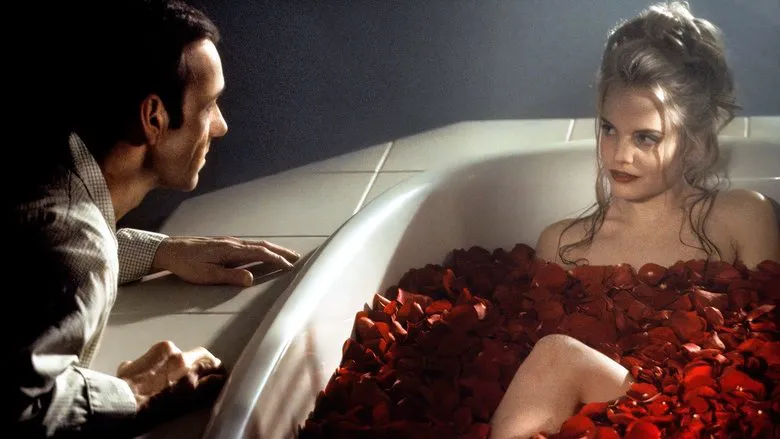
As the film progresses, the identity of the shooter becomes secondary to the profound transformation Lester undergoes. His journey of stepping off the conventional, beaten path of suburban expectation becomes a courageous shedding of societal facades, enabling him to finally see the world in an entirely new, unvarnished light. He begins to appreciate the exquisite imperfections of existence, the simple beauty in overlooked moments.
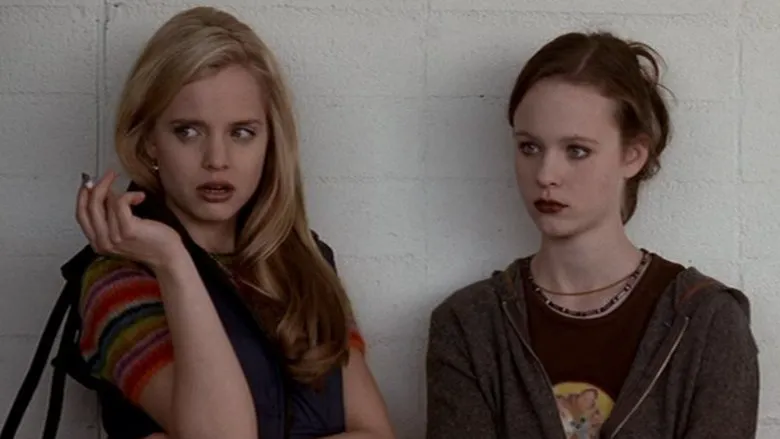
In his final moments, Lester’s heart, once shriveled by mundane existence, swells with a rediscovered capacity for joy and wonder, allowing him to metaphorically “take flight” – much like the ethereal, yet captivating plastic bag, drifting effortlessly in the wind. This liberation, though tragically cut short by violence, represents a complete and defiant embrace of genuine existence. American Beauty remains a timeless meditation on the complex pursuit of happiness, freedom, and meaning in the most unexpected and often darkly beautiful corners of the human experience.
